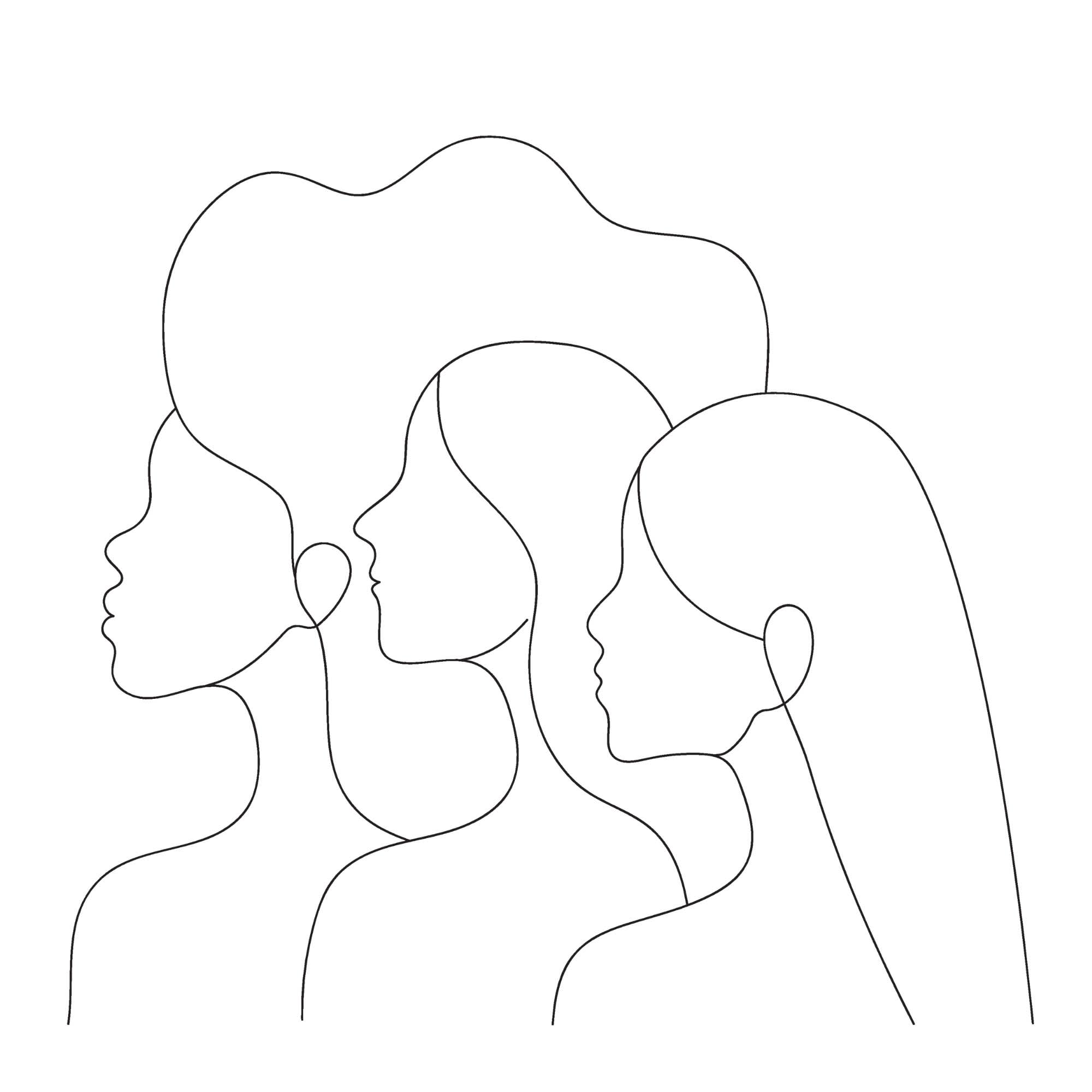
- POPSUGAR Australia
- Fitness
- What You Probably Don’t Know About Workout Rest Days — But Should
What You Probably Don’t Know About Workout Rest Days — But Should

The harder you work out, the more results you’ll see, right? It’s true to some extent, but not entirely. Rest days — days when you aren’t rigorously exercising — can also work towards your results.
“Rest, especially when it comes to training is vital for our bodies to recover properly,” says Megan Waters, a Melbourne-based fitness professional and Nike Well Collective trainer. “I try my best to incorporate 4-5 movement practices throughout the week, so my muscles need the opportunity to repair. Without rest, this simply isn’t possible.”
Waters says she views rest as a gift to herself. In her eyes, life moves fast and when we incorporate rest into our schedule, we gift our body, mind and nervous system the chance to re-center and recover.
Ahead, Waters answers some common questions about rest days. From what she does on her rest days, to how often she recommends you take days off and what happens if you don’t take any, here’s an overview of rest days. So, you can exercise smarter and not just harder. As always, if you have specific concerns about your wellness, consult a medical professional.
What Do You Do on Your Rest Days?
Waters’ typical rest days start with waking up naturally, without the help of an alarm. She values quality sleep and for her to feel truly rested, the occasional sleep-in is key.
“Then I like to take myself out for a walk, without my phone, because I find it important to be able to detach from technology occasionally,” she says.
“On my rest day, I also try to ensure I get my breathwork practice in. I find attending breathwork classes a great way to connect back to ourselves by consciously slowing down the mind. It can also be a nice way to connect with others, especially if you invite a friend to attend by your side.
Any Tips For Making the Most of Rest Days?
There are countless ways to incorporate more rest into your life, says Waters. Rest days will look different for everyone. If you’re unsure where to start or want more inspiration for integrating more rest into your life, Waters suggests you try the Nike Training Club app.
“The options for gentle movement such as yin yoga, meditation or even breathwork are endless and each session is delivered by world class trainers and coaches,” she says. “One of my go-to’s on the app is a visualise greatness meditation by Branden Collinsworth and sometimes I even like to pop on the breathwork for sleep practice, if I notice my mind is still busy when I’m trying to wind down at night.”
How Often Do You Recommend Taking Rest Days?
Now that you know what to do on rest days then comes the question of how often you should take them. Waters says she always makes room for one designated rest day per week, which helps her to feel calm and present in the body and mind.
“For me, this means low-intensity movement, like walking or a gentle yoga/mobility practice,” she says. “I very much value the practice of self-love and for me, that looks like occasionally soaking in a hot magnesium bath, jumping in the ocean, booking a massage or getting a good detox sweat on in an infrared sauna.”
Again, there are so many ways to incorporate rest into your life and how many days you take off depends on your training schedule, she says. Even if you aren’t working out regularly, you might still want to gift yourself a day to simply down and take stock of your feelings.
What Happens If You Don’t Take Rest Days?
Finally, what happens when you don’t take rest days? While the consequence will differ for everyone, particularly depending on their training schedule, the first thing Waters says she notices in her routine is that she feels disconnected mentally.
“I struggle to quieten the noise in my mind if I’m not consciously integrating restful moments into my life and this impacts the way I show up in my work, my motivation levels decrease, and my relationships suffer,” she says.
“When it comes to the physical, without rest, my energy levels are depleted, my muscles don’t have a chance to repair and I end up feeling drained, stiff, and sore. The better we rest, the better we move, the better the mind.”



